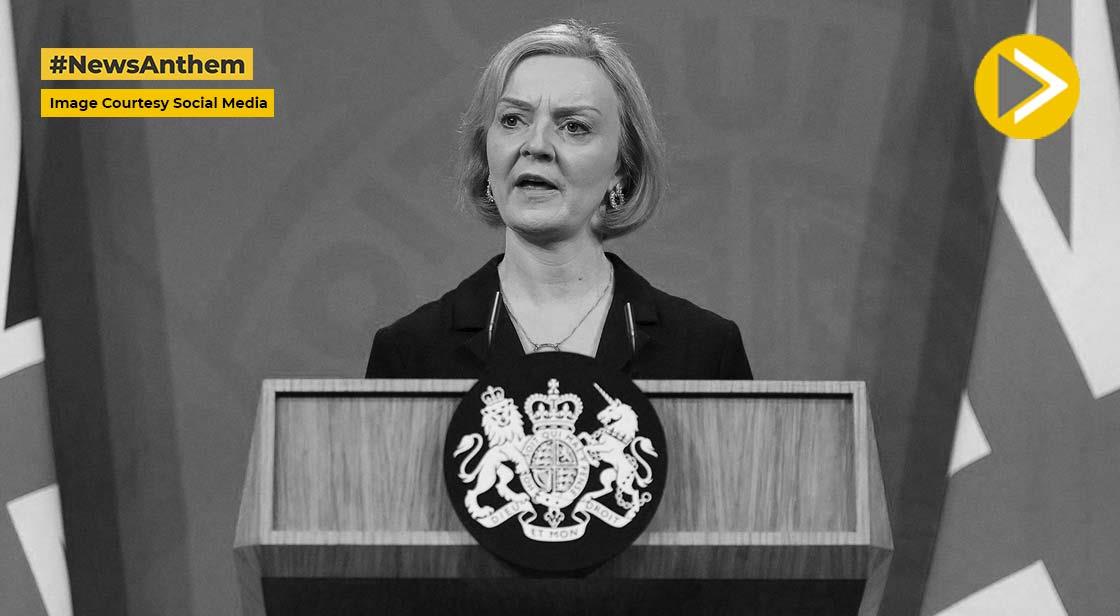UK Prime Minister Liz Truss Resigns After 6 Chaotic Weeks

News Synopsis
Liz Truss, British Prime Minister, announced her resignation on Thursday. Her six-week term in office, which started with a dramatic experiment in trickle-down economics and ended with the majority of those policies being reversed, was swiftly brought to an end.
Ms. Truss, 47, came to the conclusion that she could no longer lead because her plans to cut taxes were in ruins, her Conservative Party's MPs were in an uproar, and her administration was in the hands of those who did not agree with her or her policies. As the prime minister with the shortest tenure in British history, she leaves office.
It has only been 44 days since Ms. Truss welcomed the public as the new leader of Britain, saying, “Given the situation, I cannot deliver the mandate on which I was elected by the Conservative Party,” She was speaking as she stood on the rain-soaked sidewalk outside 10 Downing Street.
Ms. Truss stated that she would stay in position until the party decided on a replacement at the end of the next week. That sets a demoralized and severely divided party into an incredibly hurried and unpredictable drive to replace her. Boris Johnson, the flamboyant former prime minister she replaced after he was forced out in a string of scandals, is one of the likely candidates.
Ms. Truss resigned only a day after saying in Parliament, "I'm a fighter, not a quitter," following a hurriedly arranged meeting with party elders on Thursday, including Graham Brady, the leader of a group of Conservative lawmakers that has significant influence over the selection of the party leader.
It was the biggest shock in a week of seismic events that also saw the resignation of Ms. Truss's chancellor of the Exchequer, Kwasi Kwarteng, the bitter departure of the home secretary, Suella Braverman, and a near brawl on Wednesday night in Parliament as cabinet ministers attempted to coerce unruly Tory lawmakers into supporting the prime minister in a vote on whether to outlaw hydraulic fracking.









